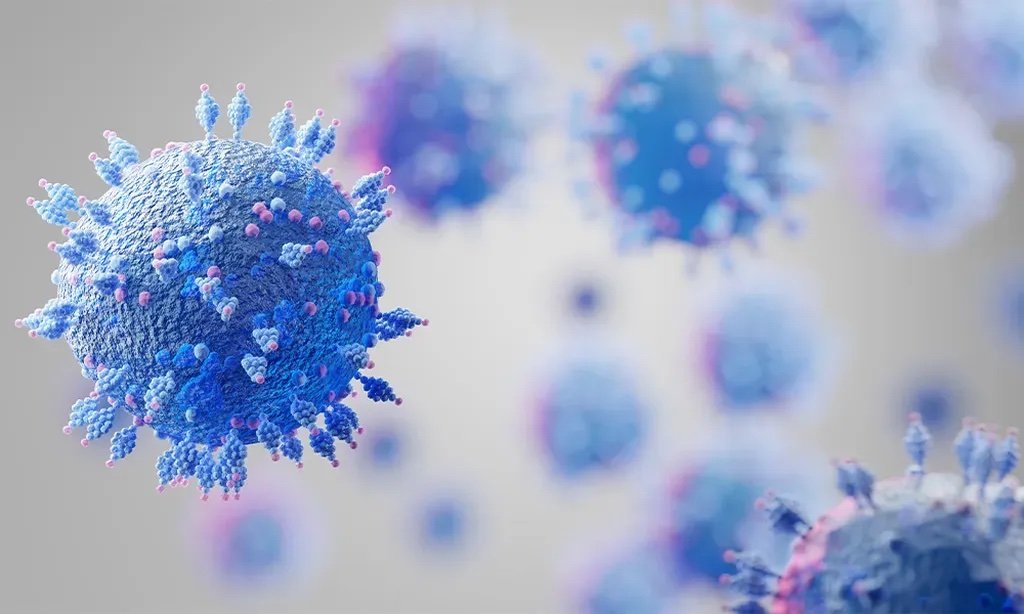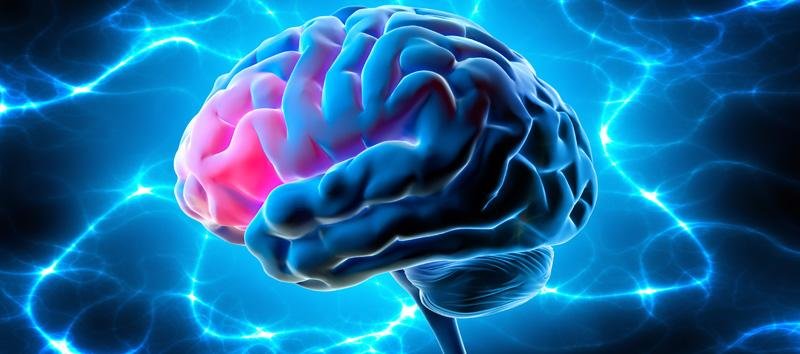Happiness is one of the deepest desires of human beings. For centuries, philosophers, poets, and spiritual leaders have reflected on what it means to live a joyful life. But today, happiness is not just a philosophical pursuit—it is a subject of serious scientific study. Researchers from psychology, neuroscience, and behavioral science have uncovered evidence-based practices that can genuinely boost our well-being.
Happiness is not about a constant state of bliss, nor does it mean the absence of challenges. Instead, it is a balance—a sense of meaning, satisfaction, and positive emotions woven into daily life. What makes this especially empowering is that happiness is not entirely determined by genetics or external circumstances. Studies show that while part of our happiness is influenced by biology and life events, a significant portion comes from the habits and choices we make every day.
In this article, we will explore 20 science-backed habits that can help you build a happier, healthier, and more fulfilling life.
1. Practice Gratitude Daily
Gratitude is one of the most powerful habits for cultivating happiness. Research shows that regularly expressing gratitude increases positive emotions, improves relationships, and even strengthens physical health.
A simple practice is keeping a gratitude journal—writing down three things you’re thankful for each day. Whether it’s a small kindness from a friend, the beauty of a sunrise, or simply having a safe place to sleep, gratitude shifts focus away from what’s missing to what’s already present. Neuroscience studies even show that gratitude activates brain regions associated with dopamine, the “feel-good” neurotransmitter.
2. Prioritize Relationships
Human beings are wired for connection. Decades of research, including the famous Harvard Study of Adult Development, reveal that strong, supportive relationships are the single most consistent predictor of long-term happiness and health.
Investing time in family, friends, and community pays enormous emotional dividends. This doesn’t mean having hundreds of connections—it means cultivating meaningful ones. Small gestures like calling a loved one, having dinner with friends, or simply listening attentively can deepen bonds and enhance life satisfaction.
3. Move Your Body Regularly
Exercise isn’t just about fitness—it’s a natural mood booster. When you move, your body releases endorphins, neurotransmitters that act like natural antidepressants. Studies consistently show that regular physical activity reduces symptoms of anxiety and depression while increasing overall well-being.
You don’t have to run marathons to reap the benefits. Walking in nature, dancing, swimming, or practicing yoga are all effective. What matters most is consistency and finding a form of movement you enjoy.
4. Sleep Well and Consistently
Sleep is a foundation of emotional health. Lack of quality sleep affects mood, decision-making, and resilience. In fact, poor sleep is strongly linked to higher risks of depression and anxiety.
Research suggests that most adults need between seven and nine hours of sleep per night. Building a consistent sleep routine—going to bed and waking up at the same time, reducing screen use before bed, and creating a calming nighttime ritual—can dramatically improve happiness and energy levels.
5. Spend Time in Nature
Humans evolved in natural environments, and our minds and bodies still respond positively to green spaces. Studies show that spending even 20 minutes in nature reduces stress hormones, improves mood, and boosts feelings of vitality.
This doesn’t mean you need to live in the wilderness. A walk in a park, time spent gardening, or even looking at plants and natural scenery can promote well-being. The Japanese practice of forest bathing (shinrin-yoku) has been shown to lower blood pressure and increase happiness.
6. Practice Mindfulness and Meditation
Mindfulness—the practice of paying attention to the present moment without judgment—has become one of the most well-researched tools for happiness. Meditation and mindfulness practices reduce stress, increase emotional regulation, and improve focus.
Brain imaging studies show that regular meditation strengthens areas of the brain related to compassion and emotional balance. Even just 10 minutes of mindful breathing or meditation per day can shift how you experience life.
7. Give and Help Others
Generosity is a happiness multiplier. Research demonstrates that helping others—whether through volunteering, small acts of kindness, or financial giving—creates a “helper’s high.” It activates brain regions linked to reward and connection.
Interestingly, giving doesn’t have to be grand to be effective. Smiling at a stranger, holding the door for someone, or offering a listening ear can generate joy both for you and the recipient. Altruism reminds us that happiness grows when it’s shared.
8. Set and Pursue Meaningful Goals
Having a sense of purpose is essential for well-being. Studies show that people who set and work toward goals experience higher levels of satisfaction and resilience. Goals give us direction, motivation, and a sense of accomplishment.
The key is to pursue goals that align with your values and interests, not just external expectations. Breaking big goals into smaller, achievable steps also boosts motivation and happiness along the way.
9. Cultivate Optimism
Optimism doesn’t mean ignoring challenges—it means approaching them with hope and confidence. Research shows that optimistic people are not only happier but also healthier, living longer lives with lower risks of heart disease and depression.
Optimism can be cultivated by reframing negative thoughts, focusing on possibilities instead of limitations, and practicing positive self-talk. By choosing to see setbacks as temporary and surmountable, you build resilience and long-term happiness.
10. Limit Screen Time and Social Media
Technology connects us, but excessive screen time—especially on social media—can undermine happiness. Studies show links between heavy social media use and higher levels of loneliness, anxiety, and depression, often due to constant comparison and information overload.
Reducing screen time, setting digital boundaries, and being intentional about online activity can free up time for real-world connections and experiences that bring joy. Digital detoxes, even for short periods, often lead to improved mood and clarity.
11. Practice Self-Compassion
Many people are kinder to others than they are to themselves. Yet research shows that self-compassion—treating yourself with the same care you would offer a friend—is strongly linked to happiness, resilience, and motivation.
Self-compassion involves three elements: self-kindness, mindfulness of emotions, and recognizing that imperfection is part of the human experience. By replacing self-criticism with self-understanding, you free yourself from toxic cycles of guilt and shame.
12. Learn Continuously
The brain thrives on novelty and growth. Lifelong learning—whether through reading, exploring new skills, or trying different hobbies—has been shown to enhance happiness and even protect against cognitive decline.
Learning fosters curiosity, confidence, and a sense of accomplishment. It also builds resilience by reminding us that growth is always possible, no matter our age. Even learning small things regularly can add up to long-term satisfaction.
13. Laugh Often
Laughter is truly therapeutic. Research shows that laughter reduces stress hormones, improves immune function, and releases endorphins. Sharing laughter with others deepens social bonds, making relationships more fulfilling.
Incorporating humor into daily life—watching a funny movie, telling jokes, or simply not taking yourself too seriously—can make challenges more manageable and increase joy.
14. Practice Forgiveness
Holding onto grudges weighs heavily on happiness. Studies show that forgiveness reduces stress, lowers blood pressure, and improves mental health. It doesn’t mean condoning harmful behavior—it means freeing yourself from the emotional burden of resentment.
Forgiveness is often a gradual process, but choosing to let go opens space for peace and joy. Self-forgiveness is equally important, allowing us to learn from mistakes without being trapped by guilt.
15. Embrace Flow Experiences
Psychologist Mihaly Csikszentmihalyi described flow as the state of being completely absorbed in an activity, losing track of time while feeling energized and engaged. Flow often happens when we balance challenge with skill—whether in sports, art, music, or work.
Research shows that flow experiences contribute significantly to happiness, creativity, and fulfillment. By pursuing activities that immerse you fully, you create moments of joy and meaning.
16. Practice Financial Mindfulness
While money alone doesn’t buy happiness, how we use it does matter. Research suggests that spending money on experiences (like travel or shared activities) brings more lasting joy than spending on material possessions. Similarly, using money to help others increases well-being.
Practicing financial mindfulness—being intentional about how you earn, spend, save, and give—reduces stress and aligns your resources with what truly makes you happy.
17. Develop Healthy Eating Habits
The gut and brain are closely connected, and nutrition plays a major role in mood. Diets rich in whole foods, fruits, vegetables, lean proteins, and healthy fats are linked to lower risks of depression and higher levels of well-being.
Research also shows that mindful eating—not just what you eat, but how you eat—enhances happiness. Slowing down, savoring flavors, and appreciating food turns meals into moments of joy rather than rushed routines.
18. Spend Time with Animals
Interacting with animals has been shown to reduce stress, lower blood pressure, and boost happiness. Pet owners often report higher life satisfaction, and animal-assisted therapy is increasingly used to support mental health.
Even spending time observing wildlife or engaging in activities like horseback riding or birdwatching can foster joy and connection to the natural world.
19. Express Creativity
Creativity is not limited to artists—it is a universal human capacity. Engaging in creative activities like painting, writing, music, or even cooking has been linked to increased happiness and reduced stress.
Creativity provides an outlet for self-expression, problem-solving, and emotional release. It also fosters flow states, making time feel meaningful and enjoyable.
20. Live with Purpose and Meaning
Ultimately, happiness is not just about pleasure—it is about meaning. Studies show that people who feel their lives have purpose are happier, healthier, and more resilient. Purpose can come from work, relationships, spirituality, service, or personal passions.
Living with purpose doesn’t mean having all the answers—it means aligning daily actions with your deeper values. Even small steps toward meaning create a sense of fulfillment that endures through life’s ups and downs.
Conclusion
Happiness is not a destination but a practice, cultivated through daily choices and habits. Research shows that we have more influence over our well-being than we might imagine. By practicing gratitude, nurturing relationships, moving our bodies, embracing creativity, and living with purpose, we can create lives filled with meaning and joy.
The beauty of these 20 habits is that they are accessible to anyone. They don’t require perfection or dramatic change—just small, intentional actions repeated over time. Happiness grows not from chasing fleeting pleasures, but from building a life rooted in connection, purpose, and self-compassion.






